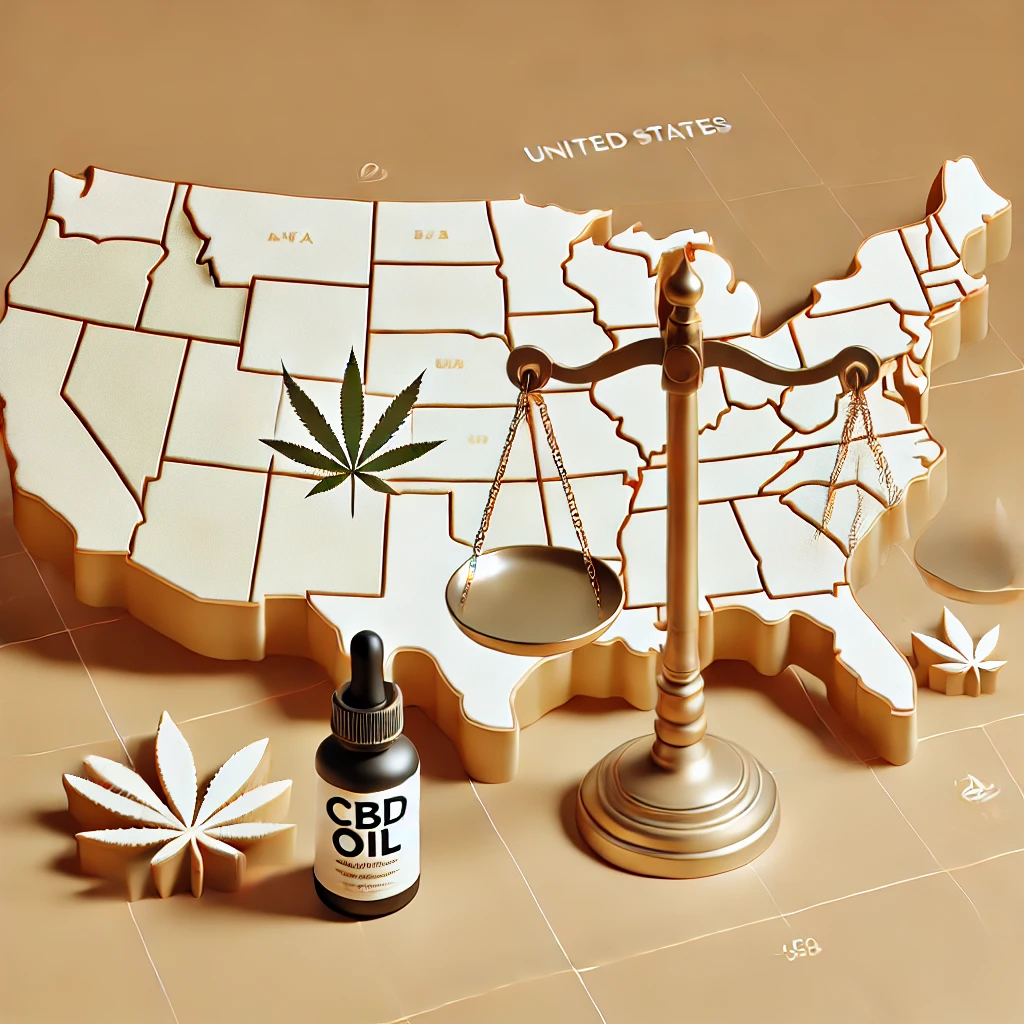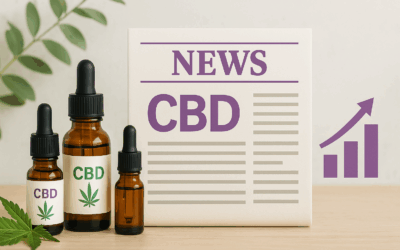Navigating CBD Laws and Regulations: What You Need to Know

- Federal Level: The 2018 Farm Bill legalized hemp-derived CBD with less than 0.3% THC in the United States. However, the FDA still regulates CBD in food, beverages, and dietary supplements, leaving a gray area for many products.
- State-Level Variations: Each state has its own approach to CBD. For instance, states like Utah have embraced CBD for health and wellness uses, while others, like Idaho, allow only 0% THC products. Consumers and businesses must be aware of local laws to ensure compliance.
- International Laws: Beyond the U.S., regulations differ even more. For example, CBD is legal in many European countries, but THC limits vary from 0.2% to 1%, depending on the region. Japan has some of the strictest regulations, allowing only pure CBD with no detectable THC.
How Regulations Impact CBD Consumers and Businesses
Navigating regulations is essential for both buyers and sellers:
- Consumers: Clear regulations help ensure product safety and transparency. However, in states with restrictive laws, consumers may face limited options or higher prices.
- Businesses: Regulatory compliance is critical for business longevity. For instance, product labels must accurately reflect CBD and THC content. Mislabeling or selling non-compliant products can result in fines or legal action.
- Market Dynamics: Stricter regulations often mean higher operational costs for businesses, such as mandatory third-party lab testing. However, they also foster consumer trust, creating a more stable and competitive market.
Tips for Staying Compliant with CBD Laws
Staying compliant with evolving regulations is key for both peace of mind and legal safety:
- Stay Educated: Laws around CBD are constantly changing. Regularly review federal, state, and international regulations to stay updated.
- Choose Reputable Brands: For consumers, purchasing from brands that provide third-party lab testing results ensures product quality and legality. At Roxy’s CBD and Wellness, we pride ourselves on offering products that meet all compliance standards.
- Proper Labeling: For businesses, clear and accurate product labeling is a must. Labels should include CBD content, THC content, and usage instructions.
- Consult Professionals: Whether you’re a consumer or a business owner, legal and regulatory experts can help navigate complex laws and ensure compliance.
Conclusion
The world of CBD laws and regulations can be complex, but staying informed is the best way to navigate it. Consumers can protect themselves by choosing reputable products, while businesses can thrive by adhering to legal requirements. As the CBD industry continues to evolve, staying proactive and informed will be key to reaping the benefits of this natural compound.
Browse All Posts ⇒
Related Posts:
What’s Really Happening with CBD Right Now (Q1 2025)
Stay informed with the latest CBD news, learn how developments impact consumers and businesses, and explore predictions for the future of the CBD industry.
Revolutionize Your Skincare Routine with CBD
Discover how CBD can transform your skincare routine. Learn about its benefits for your skin, tips for choosing and using CBD products, and inspiring success stories from users.
Integrating Mindfulness and Meditation into Your Daily Routine
Learn the basics of mindfulness and meditation, their benefits for mental and physical health, and simple exercises to seamlessly integrate these practices into your daily routine.




0 Comments